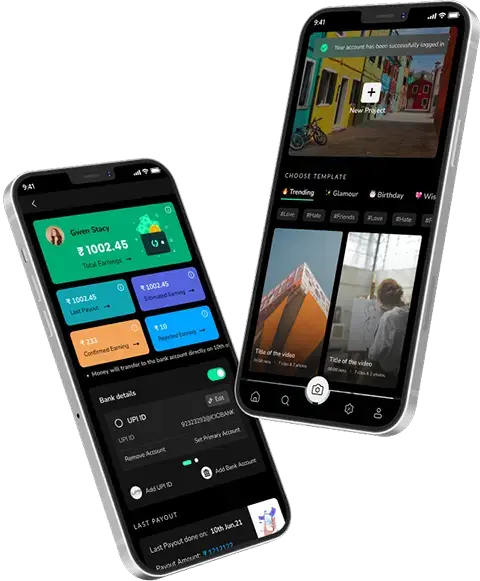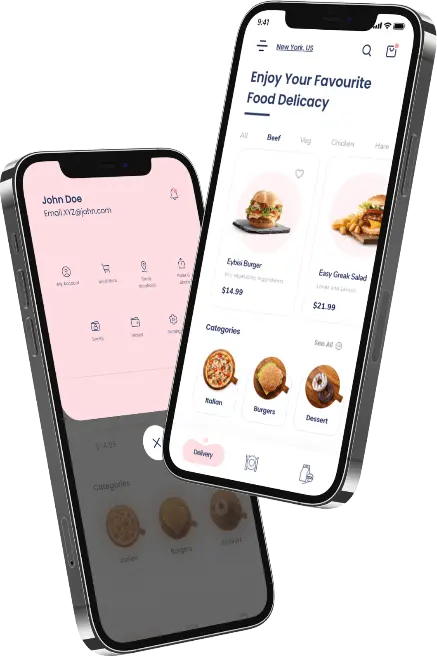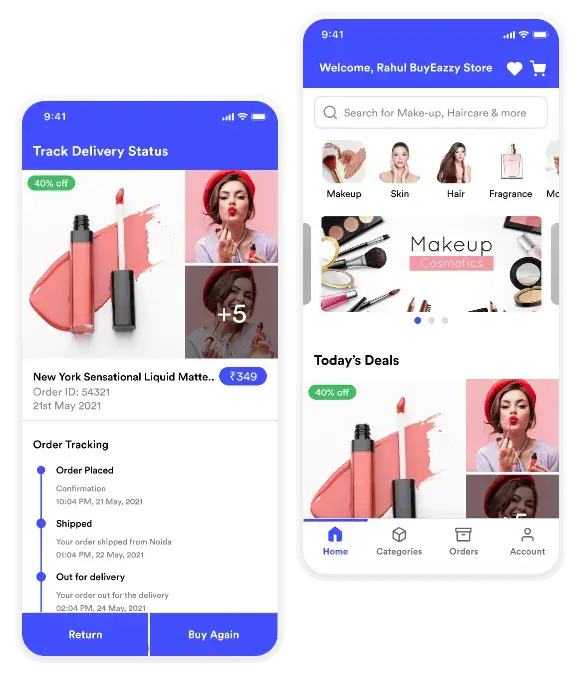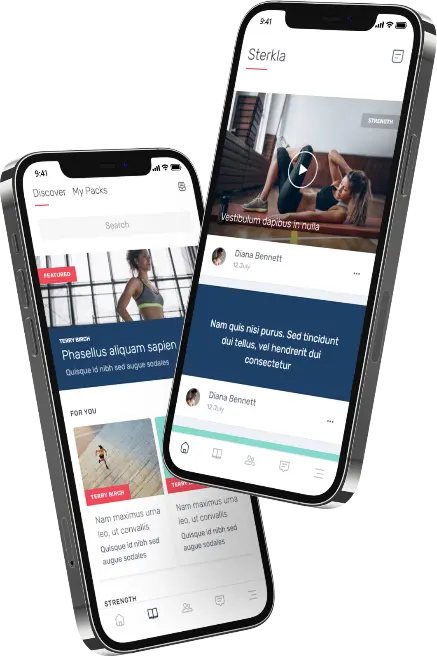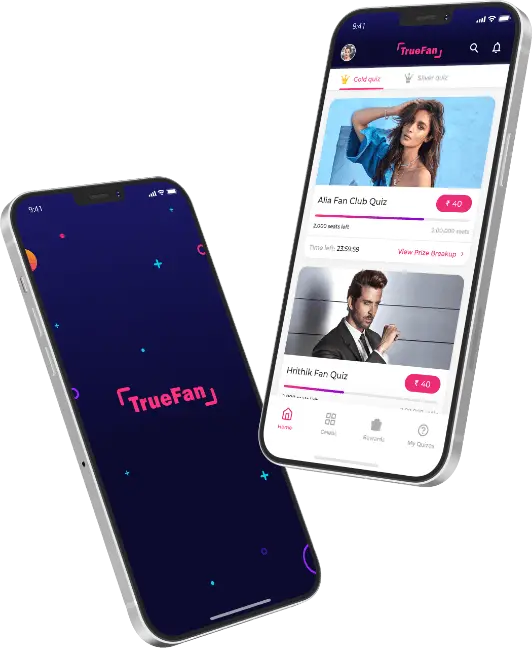Ever thought about creating your own real estate app like Aqar? Then reality hits—how much does it actually cost to develop an app like Aqar? Many aspiring entrepreneurs find themselves asking this question. The truth is, there’s no one-size-fits-all answer. The cost depends on several key factors that shape the app development process.
In this blog, we’ll break down the cost to develop an app like Aqar, explore the major cost-driving factors, and give you a realistic estimate of what you might need to invest. Ready to dive into the exciting world of real estate app development? Click the link below to read the full blog!
Overview of the Aqar App

Aqar operates as a real estate platform that focuses on making buying and selling properties easier across Middle Eastern territories, particularly in Saudi Arabia and the United Arab Emirates. It delivers a smooth platform that enables users to purchase homes, establish businesses, find residential and commercial properties, and acquire land ownership.
Workable searches for properties happen through Aqar, which uses its user-friendly interface combined with sophisticated search component tools allowing users to narrow down their selection according to specific criteria. Your plan to develop such a platform can materialize through strategic collaboration with a real estate application development enterprise based in Dubai.
Estimating the Development Cost for an App Similar to Aqar

The development process for a real estate app like Aqar demands thorough resource allocation since its total expense depends on different implementation aspects. Major determinants of cost to develop a mobile app in Saudi Arabia consist of system intricacy, team workforce size, and the geographic area where the mobile app development company in Saudi Arabia is based.
Creating an app for property searches like the one found in Aqar requires financial investments between $10,000 and $25,000.
To break it down further:
- A basic version with essential property listing and search features may cost between $10,000 and $20,000.
- The development range for a medium-complex application using additional filters, user profiles, and messaging features amounts to $20,000 to $30,000.
- At least $30,000 is required to develop an advanced feature-rich application with AI recommendations, mapping, and analytical features.
You should initiate your project development with an MVP (Minimum Viable Product) to reduce spending. Testing critical features during an MVP phase enables you to obtain user feedback and improve systems before completing system development.
Key Factors That Influence the Cost of Developing a Real Estate App Like Aqar

The total investment required to build a property listing app like Aqar depends on various elements. Here are five critical aspects that play a significant role in determining the development cost:
1. Features and Functional Complexity
The price of Aqar app development depends strongly on the number and complexity of its features. Basic features such as user account setup, property advertising, search parameter tools, and request generation capabilities are fundamental components. The addition of geolocation tracking, push notifications, and in-app messaging features with third-party integration capabilities creates development complexity, thus requiring higher costs. Additional value throughout the feature complexity scale leads to enhanced development expenses.
2. UI/UX Design and Visual Appeal
A design that feels natural and looks appealing to the user will both draw customers in the first place and keep them actively involved. The expense range depends on how extensive the custom features become, along with the complexity of the user Interface and the extent of overall customer experience improvement. The cost structure includes necessary skilled designer employment because excellent user experience design creates essential success factors for the app.
3. Platform Selection and Compatibility
The choice of development platform between Android and iOS significantly affects the total project expenditures. The standalone development of native apps for individual platforms leads to superior performance yet demands larger budgets because separate development projects must be carried out. Development using cross-platform frameworks, including Flutter or React Native, becomes more budget-friendly since developers create one app with multiple operating system functionalities.
4. Development Team and Hiring Approach
Your development team expenses will differ based on your choice of independent developers or maintaining an in-house staff, or partnering with a real estate application development firm. Diverse service packages from agencies come with higher price points. The place where developers reside determines software development expenses because experts from North America and Europe request higher compensation compared to team members in Eastern Europe and Asia.
5. Post-Launch Maintenance and Future Enhancements
System maintenance encompassing several components, such as bug repair work, security upgrades, and new feature implementations, is an indispensable financial element. The mobile app needs a dedicated budget to operate in alignment with new operating system protocols, support additional customer requests, and maintain peak operational efficiency. The app requires scheduled maintenance because this work ensures market competitiveness in the developing real estate industry.
Cost-Effective Strategies for Developing a Real Estate App Like Aqar

Building a real estate app like Aqar can be a significant investment, but there are strategic ways to minimize expenses while maintaining high quality. Here are some effective methods to reduce development costs:
1. Establish Well-Defined Project Requirements
The primary way to manage project costs involves setting step-by-step project guidelines alongside essential functionality requirements at the beginning stage. Attendance of a hybrid app development team during initial planning helps identify important features to prioritize while preventing additional wrong add-ons. MVP development of essential functional elements first leads to reduced preliminary expenses while building a framework that supports future scalability.
2. Opt for Cross-Platform Development
Using Flutter or React Native frameworks enables developers to create one Aqar-like real estate app through a unified codebase that runs on Android and iOS platforms. This approach minimizes development expenses and allows developers to work more efficiently since one codebase generates applications for multiple platforms while preserving optimal user experience and performance between them.
3. Leverage Cost-Effective Outsourcing
Your cost savings will not affect the app quality when you employ proficient developers whose region provides affordable rates. A professional mobile app development service provider lets you access expert technical support, resulting in better project costs. The successful implementation of hybrid apps requires proper communication, effective project management, and ongoing tracking of development progress to ensure deadlines and expenses stay within plan.
4. Utilize Pre-Built Solutions and Third-Party APIs
The integration of pre-developed tools and APIs helps both speed up development time and reduce total expenses. The integration of payment processing and user authentication and mapping and push notification functionality results in seamless implementation, which simultaneously minimizes development costs and time requirements and enhances feature capabilities.
5. Implement Agile Development Practices
The adoption of agile development approaches ensures adaptability and improves performance during the entire development process. Agile methods support continuous development cycles, which allow users to provide feedback at each stage; thus, the system becomes easier to spot and potential problems more rapidly. The technique protects against expensive redo work by guaranteeing users’ requirements are complimentary with the end product while efficiently managing resources for optimal cost reduction.
Monetization Strategies for a Real Estate App Like Aqar

Now that you understand the cost to build an app like Aqar and key factors influencing the development of an app like Aqar, let’s explore the various revenue models that can help generate income and sustain the platform.
1. Premium Property Listings
Receiving revenue using featured property listings is the most efficient strategy for real estate applications such as Aqar. Property owners and their agents can boost their listing exposure through payment for a featured position that attracts more potential buyers and renters. Through this revenue model, users receive a steady income and enhanced user connection.
2. In-App Advertisements
Software developers that integrate advertising options into their applications have a substantial opportunity to earn money. Aqar generates revenue from displaying advertisements, which allow real estate businesses, including home decor companies, moving service providers, and mortgage institutions, to show their content to users. The platform generates greater revenue when it contains various advertising formats, including native ads for banner ads and sponsored listings, which do not disrupt user experience.
3. Subscription-Based Model
Users who access real estate tools often, as well as real estate agents and property seekers, can subscribe to enjoy exclusive features through regular payment solutions. Premium memberships with monthly and annual subscription terms provide subscribers advanced tools and unlimited features that prove profitable for the business.
4. Strategic Partnerships and Sponsorships
Collaborating with businesses that complement the real estate industry can open up additional revenue opportunities. Partnering with moving companies, home improvement services, or legal firms allows you to provide value-added services while earning commission-based revenue from these partners.
5. Data Monetization and Market Insights
Your app’s acquisition of new users will result in obtaining important real estate market information for data analysis. Anonymized data can become a profitable asset you can license to real estate firms, financial institutions, and market research organizations. The combination of property trends, price fluctuations, and consumer behavior insights produces highly beneficial market information for industry stakeholders.
The Future of Real Estate Apps

Real estate apps in Dubai proceed towards development because of technological improvements which create more efficient and accessible property transactions. Current real estate app development will undergo these major developments in the future:
1. AI-powered property Recommendations
The real estate sector experiences revolution through artificial intelligence (AI) which generates tailored property findings through user choice data together with previous search records and financial constraints. People can use AI-powered chatbots to obtain instant answers while also getting their property viewings booked through such platforms.
2. Augmented Reality (AR) and Virtual Reality (VR) Tours
Users can experience property tours virtually through AR and VR despite not needing to be present at the real site. This new feature benefits international clients along with active professionals by promoting more immersive and efficient property evaluation.
3. Blockchain for Secure Transactions
Real estate transactions experience enhanced security together with transparency through blockchain technology implementation. The system of smart contracts provides users with unmediated secure real estate transactions that execute automatically and prevent fraudulent deals.
4. Big Data and Predictive Analytics
Applications in real estate use big data to evaluate market patterns together with property price forecasting which then generates beneficial knowledge for property market stakeholders including buyers and investors. Users will use predictive analysis to generate decisions from historical data integration with real-time measurements.
5. IoT-Integrated Smart Homes
New real estate mobile applications will use Internet of Things technology to let users virtually experience homes equipped with automatic functions for lighting, security, and energy system control. Before a buying decision buyers receive details about property parameters alongside energy ratings and past upkeep records.
6. Voice Search and Virtual Assistants
Voice assistants with AI platforms such as Alexa and Google Assistant have recently developed much more refined capabilities. Users can perform voice searches within real estate applications that let them locate properties utilizing straightforward voice instructions thus providing a quick and hands-on experience.
7. Sustainable and Eco-Friendly Property Searches
As sustainability becomes a centerpiece real estate applications will display energy-efficient properties and properties that hold recognized green building certifications. The system will allow buyers to use specific sustainability criteria for property searching apps like Aqar.
8. Fintech Integration for Seamless Transactions
Future real estate apps will build in fintech solutions to support prompt payments and automatic mortgage verification and digital escrow processing through secure transactions.
Property buying, selling and renting will become more efficient and transparent as technology advances in real estate apps.
In A Nutshell!
In conclusion, developing a real estate app like Aqar requires strategic planning, a well-defined budget, and the right development approach. While the cost to build a real estate app in UAE can range from $20,000 to $50,000 or more depending on features and complexity, businesses can optimize their expenses by leveraging cross-platform development, outsourcing, and using third-party integrations.
Moreover, monetization strategies such as premium listings, in-app ads, and partnerships can ensure a steady revenue stream. As real estate apps continue to evolve with AI, AR/VR, blockchain, and fintech integrations, the industry presents exciting opportunities for innovation.
By partnering with an experienced real estate app development company, you can build a scalable, user-friendly platform that meets market demands and future trends. Now is the perfect time to invest in real estate technology and create an app that transforms property transactions for buyers, sellers, and investors alike!
Looking to build your own real estate app like Aqar? Get in touch with Techugo today and turn your vision into reality!
Post Views: 1,547




 SA
SA
 KW
KW
 IE
IE AU
AU UAE
UAE UK
UK USA
USA
 CA
CA DE
DE
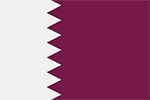 QA
QA ZA
ZA
 BH
BH NL
NL
 MU
MU FR
FR











